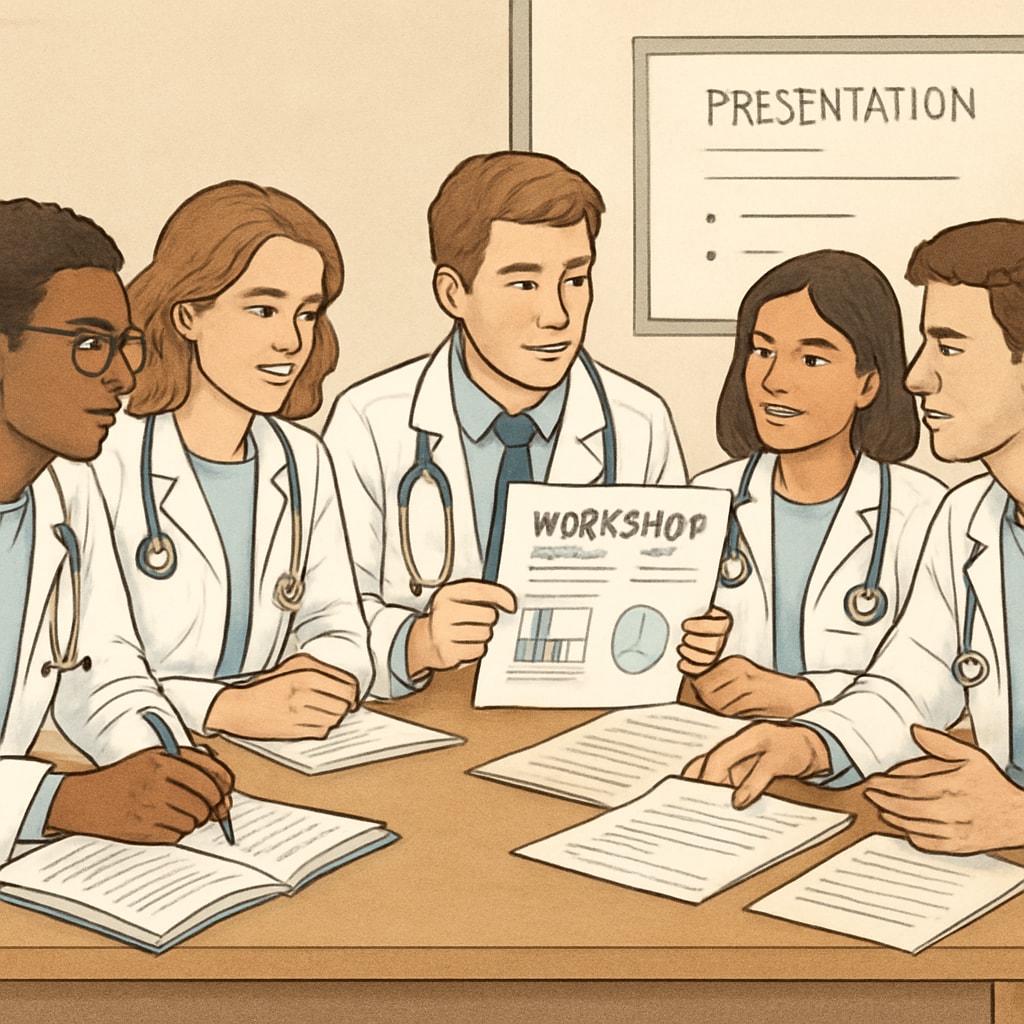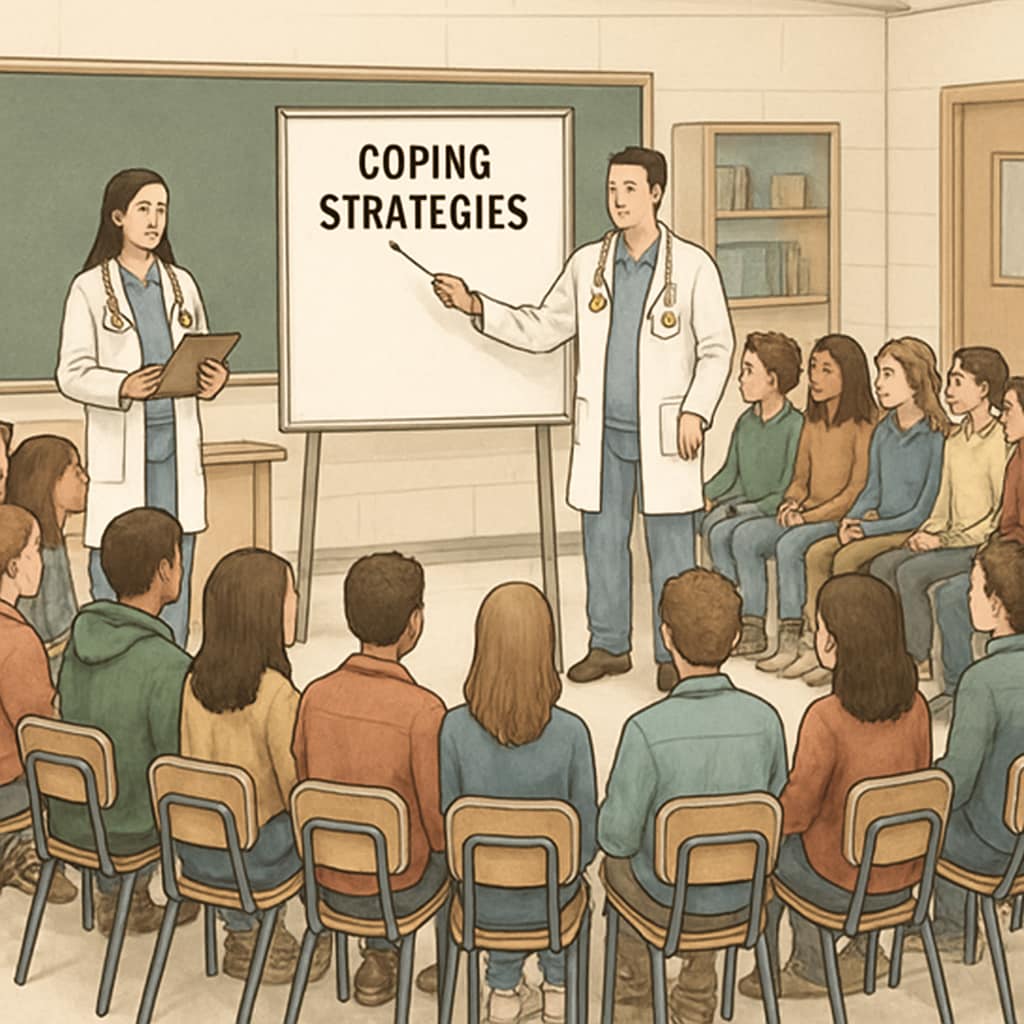Addressing mental health, high school students, assembly talks through medical student-led initiatives presents a unique opportunity to bridge healthcare expertise with educational settings. Recent studies by the World Health Organization reveal that 1 in 7 adolescents experiences mental health challenges, yet fewer than 20% receive appropriate care. This gap calls for innovative solutions combining medical knowledge with peer-based approaches.
The Urgent Need for Adolescent Mental Health Support
High school environments present multiple stressors including academic pressure, social dynamics, and identity formation. According to research from the CDC, suicide rates among 15-19 year olds increased by 76% from 2007 to 2017. Medical students possess unique advantages in addressing these issues:
- Near-peer status making them relatable to teenagers
- Scientific training to present evidence-based information
- Clinical exposure to mental health conditions

Structured Implementation Framework
Successful school outreach programs require careful planning across five phases:
- School Partnership Development: Establish formal collaborations with school administrators and counseling staff
- Curriculum Design: Create age-appropriate content covering stress management, emotional regulation, and help-seeking behaviors
- Peer Educator Training: Prepare medical students with presentation skills and crisis response protocols
- Interactive Delivery Methods: Incorporate role-playing, Q&A sessions, and anonymous question submissions
- Outcome Evaluation: Use pre- and post-assembly surveys to measure knowledge retention and behavioral intentions
Overcoming Implementation Challenges
While promising, these initiatives face several barriers that require proactive solutions:
| Challenge | Solution |
|---|---|
| Scheduling conflicts | Offer flexible timing during wellness weeks or homeroom periods |
| Stigma concerns | Frame programs as “life skills” rather than mental health treatment |
| Resource limitations | Partner with university psychiatry departments for material support |

Sustainable Program Development
For long-term impact, programs should incorporate these elements:
- Student ambassador programs creating continuity between visits
- Digital extension through moderated online forums
- Annual refresher sessions for sustained engagement
- Multi-disciplinary teams including psychology and social work students
Medical institutions can further support these initiatives by offering academic credit for participation, similar to community health rotation requirements. This institutional validation enhances program legitimacy while providing valuable service-learning opportunities.
Transitional guidance: When expanding programs, consider regional partnerships with school districts. Standardized evaluation metrics will enable comparative effectiveness research across different implementation models.


